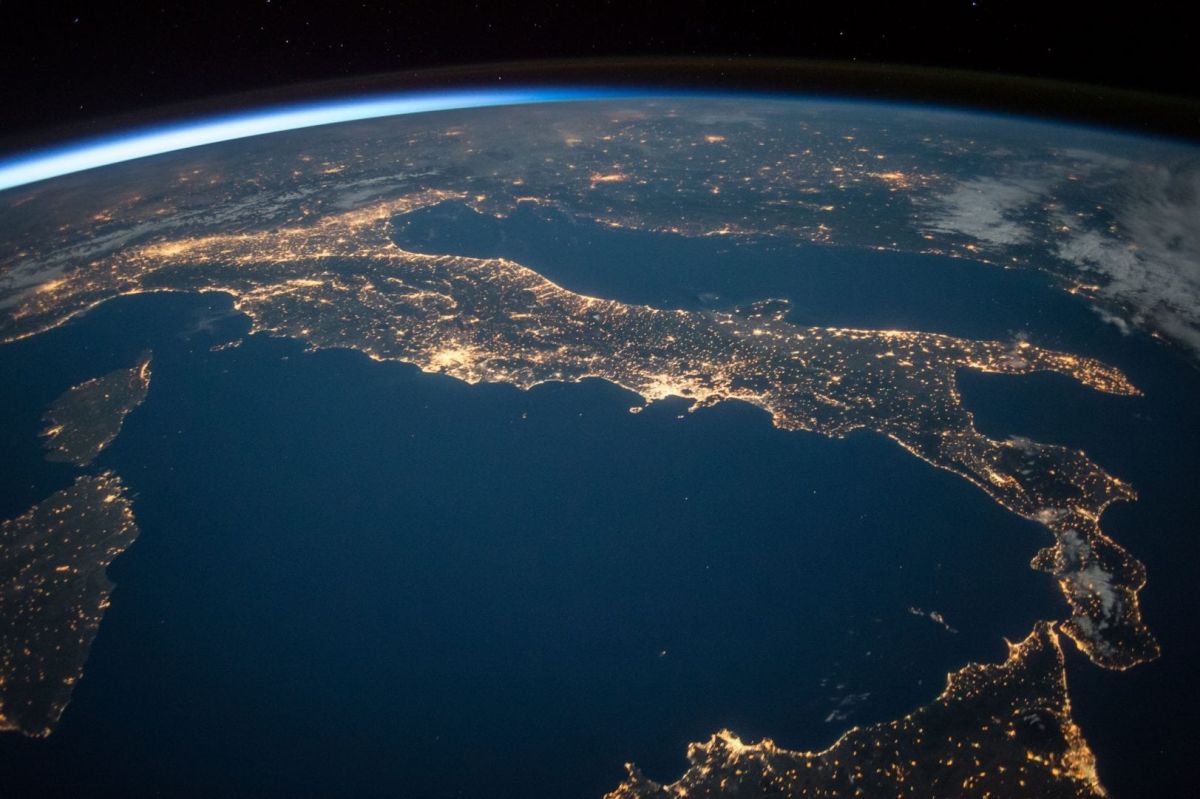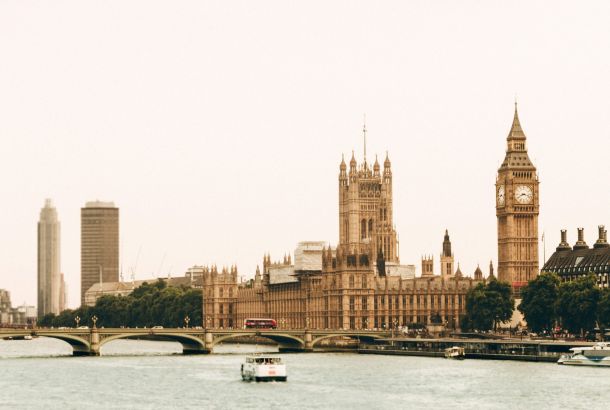Science news around the world this week
By Sophie Boyd

Arctic seed vault set to reach one million mark
The stronghold of the world’s most precious seeds, held in Svalbard, Norway, is set to have a delivery of 70,000 seeds on the 10th anniversary of the Global Seed Vault next week.
The vault has varieties of important food crops that are regarded as essential for safeguarding the world’s food supplies amid fears of drought and climate change. The store acts as a back-up for other seed banks around the world.
The upcoming delivery contains unique varieties of rice, wheat and maize. It has been estimated that there will eventually be 2.2 million unique varieties of crops deposited in this Arctic vault.
Researchers develop online game to educate public against fake news
Researchers from Cambridge have developed an online game, ‘Bad News,’ where players have to compete to become the “disinformation and fake news tycoon.”
This has been created to educate the public about fake news and to allow people to spot unreliable claims. The aim of the game is to maximise Twitter followers by using fake news whilst attempting to retain credibility.
At each stage, players are asked if they are happy with their actions or if they feel shame. Data from the game will be gathered over the next six months to understand how well players spot the tactics used.
King penguins face trouble due to climate change
A team of French scientists have found that fragmented populations of king penguins in the Southern Oceans are likely to become increasingly unstable.
The fragmentation in their population was caused by movement away from usual nesting sites due to a lack of food. As the climate warms further, foraging sites will eventually be too far away for the penguins to feed their chicks.
King penguins can forage up to 700 km before exposing their chicks to starvation. It has been estimated that almost 70 per cent, around 1.1 million pairs, of king penguins will have to relocate before the end of the century as a result of climate change. If they can’t relocate, their numbers will reduce drastically.







